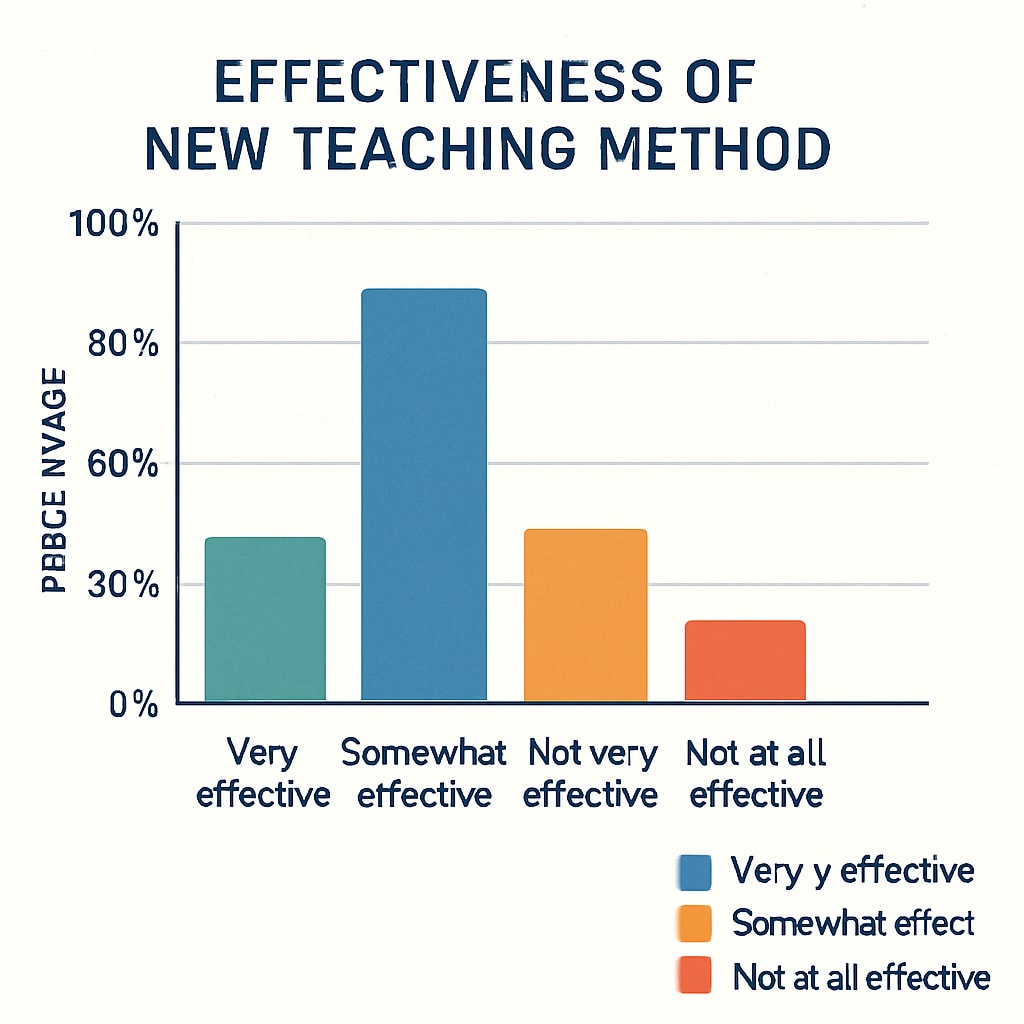In the dynamic world of education, research surveys, learning methods, and questionnaires play a pivotal role in shaping the future of K12 education. These tools are not merely academic exercises; they are bridges that connect theoretical insights with practical classroom applications. As we stand at the crossroads of educational innovation, your voice and feedback have never been more critical.
Why Participation in Research Matters
Educational research thrives on collaboration. Without the involvement of educators, parents, and students, the data collected would lack the real-world perspective necessary for practical application. By participating in surveys and questionnaires, you contribute to a growing body of knowledge that informs decision-making and policy development.
For instance, when researchers explore new learning methods, they rely on diverse feedback to determine what works—and what doesn’t—in various educational settings. This collective input ensures that new strategies are both effective and adaptable. Your participation is, therefore, a cornerstone of progress.

The Role of Surveys in Shaping Learning Methods
Surveys and questionnaires are more than just data collection tools; they are instruments of change. They allow researchers to:
- Identify gaps in current educational practices.
- Understand the challenges faced by students and educators.
- Test the effectiveness of innovative learning methods.
- Develop personalized approaches to education.
For example, a recent study on personalized learning techniques revealed that student feedback was instrumental in refining these methods. Without their input, the researchers would have lacked crucial insights into how these strategies impacted motivation and comprehension. Therefore, every response matters.

How to Get Involved
Participating in educational surveys is simple yet impactful. Here’s how you can make a difference:
- Stay Informed: Subscribe to updates from educational research organizations to learn about upcoming surveys.
- Encourage Participation: Share survey opportunities with your network to amplify their reach.
- Provide Honest Feedback: Your genuine responses help researchers draw accurate conclusions.
- Reflect on Your Experiences: Think about your own learning journey and how new methods could improve it.
By taking these small steps, you contribute to a larger movement aimed at revolutionizing education.
Looking Ahead: The Future of Education
The ultimate goal of these research efforts is to create a more inclusive, effective, and innovative educational landscape. Whether it’s through adaptive learning technologies, project-based learning, or other groundbreaking methods, your feedback is the key to unlocking new possibilities.
As we move forward, remember that every voice counts. Together, through collective wisdom and active participation, we can shape the future of education for generations to come.
Readability guidance: The article uses clear, concise language and avoids overly technical jargon. Short paragraphs and lists are employed to enhance readability, and transition words ensure a smooth flow of ideas.


